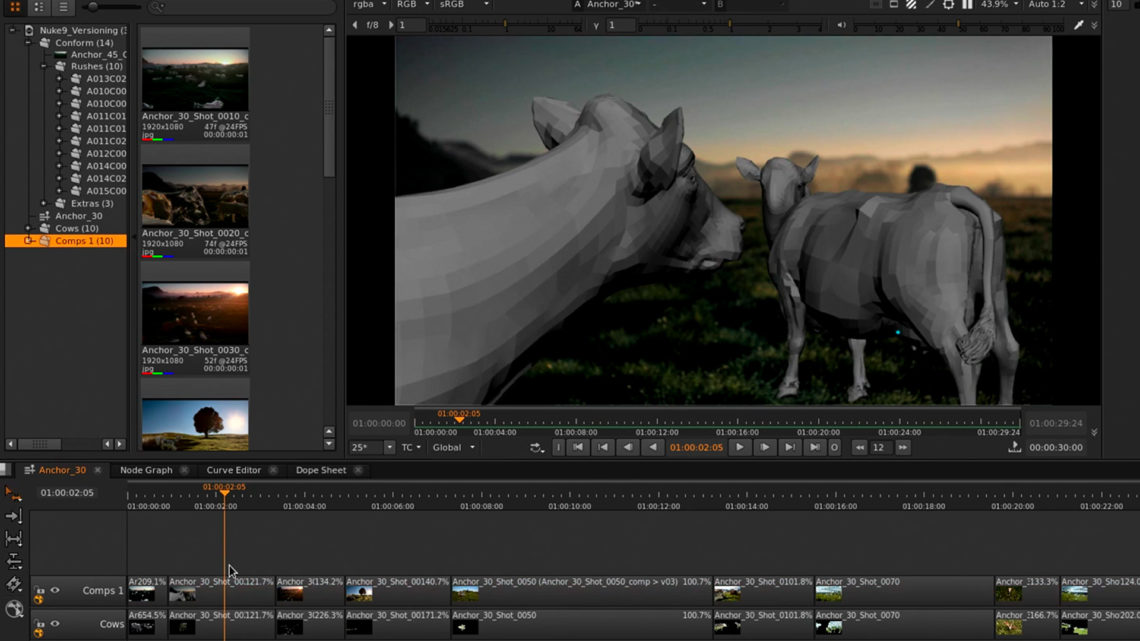Nearly a decade ago I taught myself color grading.
Not because I planned to be a professional colorist forever, but because I knew it would provide me with two much needed benefits:
1. Reduce costs on my film projects
2. Open up a lucrative freelance skill
Ultimately, it delivered on both fronts.
By understanding color, I was able to make my films for significantly less money without sacrificing visual quality.
And as soon as I figured out how to do it for myself, I had many other filmmakers asking me to do paid work on their films too.
Skip to a few years later, I re-purposed my color grading skill to create professional LUTs for filmmakers through www.cinecolor.io, and have since used the proceeds to fund all of my passion projects.
Many filmmakers are so dead-set on being a director, that they refuse to develop other skills that might seemingly take them down another path.
But so many technical and creative skills can benefit you as a director, at least if you leverage them the right way. Here are just a few examples:
Color Grading
While there is a steep learning curve with color, you can learn the basics of DaVinci Resolve in a weekend. If you stick with it, it will save you a ton of money in post on your early films.
You might pay anywhere from $5K – $25K+ to get a feature film color corrected professionally. That’s money that could fund your next movie.
And if you choose, you can bill $100 – $200+/hr for your color work once you get good enough and start to market your work.
Cinematography
I shot every one of my own little projects when I first started out – music videos for friends, commercials for local businesses, my own little backyard films.
Eventually I started to hire cinematographers, and enjoyed that collaboration very much.
But I never lost sight of how valuable it was to have camera skills. Last year I decided to make a feature film with no crew, and was only able to do it because I knew camera and lighting.
Whether you plan to DP your own projects, freelance between gigs, or just enhance collaboration with cinematographers you hire – it’s an invaluable skill to have.
Sound Design & Mixing
Nothing can save a film more in post than great sound.
Picture editing is of course crucial too, but I’ve left it off the list since most filmmakers already know how to edit.
Sound on the other hand, is still overlooked by 90% of filmmakers. It’s sadly almost always an afterthought.
But like color, the basics of sound can be learned very quickly and can increase your production value by leaps and bounds. I can’t tell you how many scenes I’ve saved with good sound design and good mixing. In some cases, transforming the worst scenes in a project to the best ones.
So few indie films have truly great sound. If you can give your film that gift (while also developing another valuable freelance skill), it’s a win-win.
VFX
There is perhaps nothing more costly in post-production than VFX. And no area where you are more likely to make a lot of income if you become a specialist.
While most indie films aren’t VFX heavy, almost all of them need some VFX work (for instance: removing a boom pole, or doing a basic screen replacement).
VFX work of this nature can get really expensive, especially if there are a lot of shots that need cleaning up.
This puts filmmakers who train themselves on After Effects or Nuke or Fusion at a huge advantage. They can tackle easy VFX shots themselves and save a ton of money.
And if they choose to do VFX work for others, they will almost certainly be in high demand before long.
Learning technical skills isn’t easy, but it will empower you to make films with more ease, and to find a more lucrative path along the way.
For exclusive filmmaking articles every Sunday, sign up for my newsletter here!



1 Comment
Henry Larry
atLearning color grading not only elevates film quality but also empowers filmmakers financially. Your experience showcases the broader spectrum of skills that directors can harness to thrive in the industry.
Home Electrician Services in Miami FL